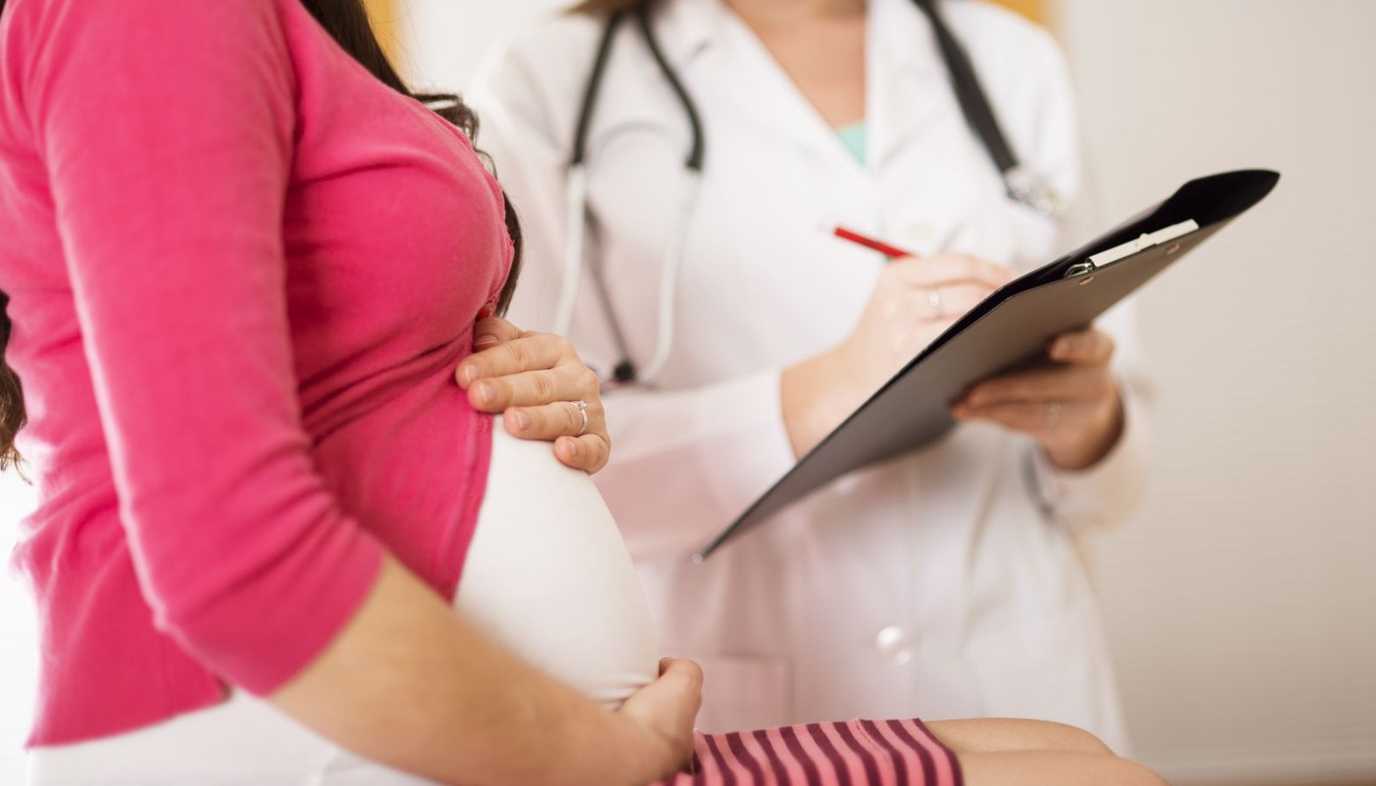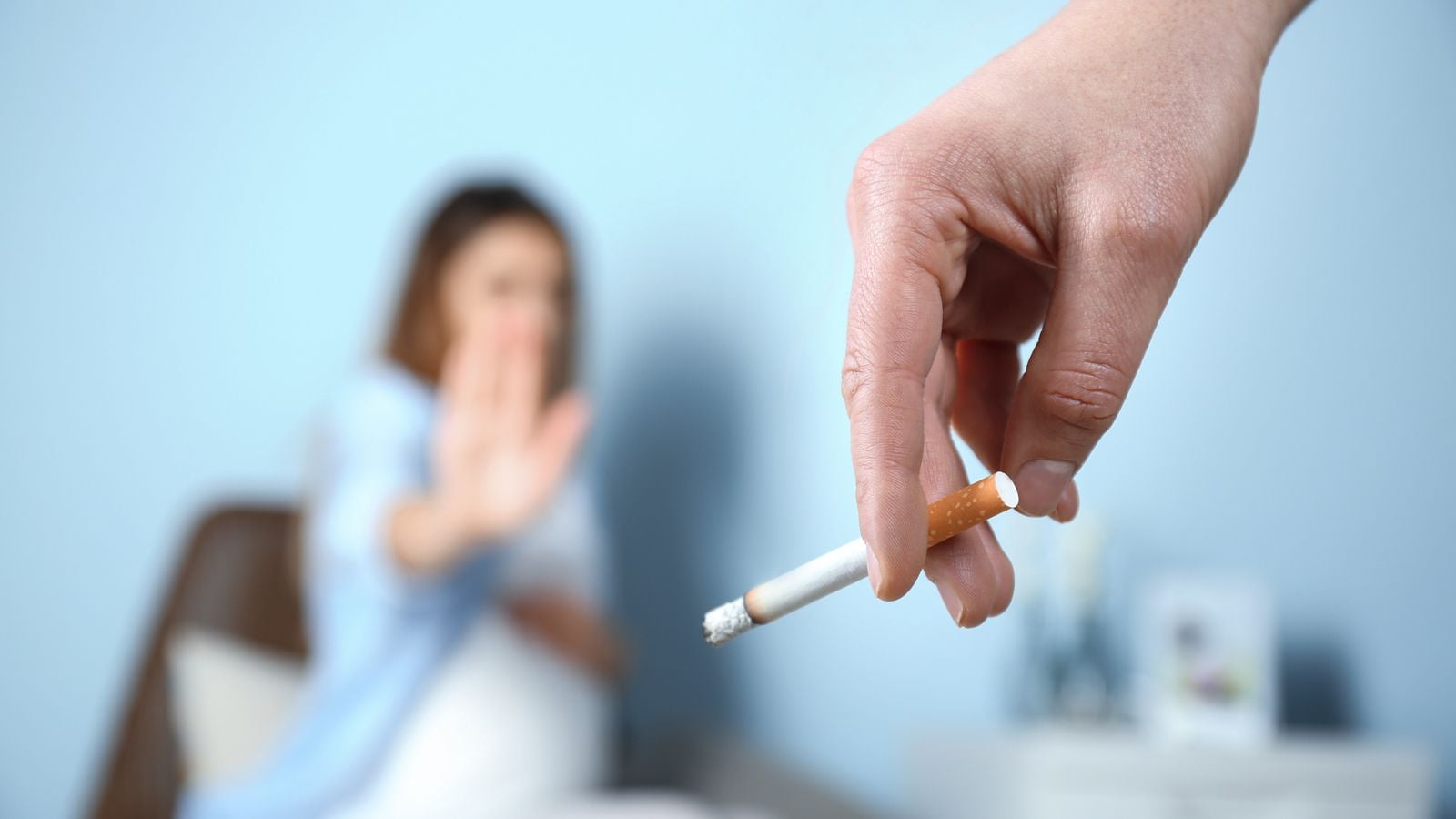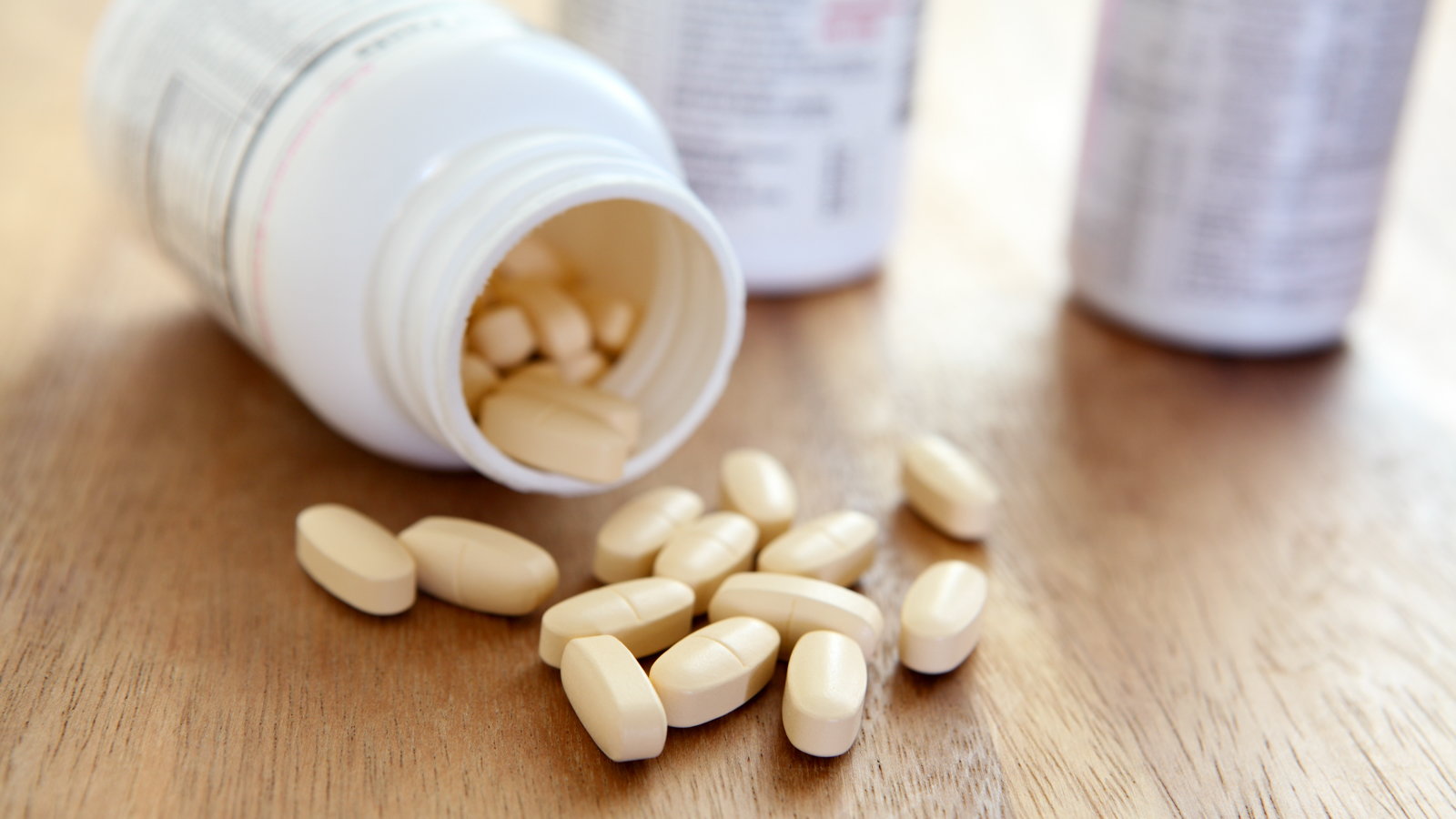
Nothing is more important to an expectant mom than the health and safety of her unborn child. Fortunately, you can protect your baby by avoiding risks that can complicate pregnancy or cause harm to your baby.
This list of 10 things pregnant women should avoid will answer questions and put your mind at ease, which in turn helps with the first item on our list...
1) Avoid Stress
Stress and tension attack your physical body in surprising ways. For example, in pregnant women, stress can cause constipation, back pain, insomnia, and even lead to preterm or low birth weight.
2) Avoid Tobacco Smoke
Smoking is extremely harmful to your unborn baby (as well as to yourself) and must be completely avoided. In fact, it’s so harmful, that pregnant women should even avoid other people’s smoke.
When you smoke, your baby gets less oxygen, which can cause your baby to grow more slowly and gain less weight. Tobacco smoke has also been linked to preterm labor and other pregnancy complications.
3) Avoid OTC Medication, Including Aspirin
Over the Counter (OTC) medication should be avoided unless specifically approved by your doctor, because everything you take passes through your placenta to your unborn baby also.
4) Avoid the Cat's Litter Box
On the rare chance that your cat carries toxoplasmosis, you should get someone else to change the cat’s litter box while you’re pregnant. If you have no one else, wear plastic gloves and wash your hands afterward. Toxoplasmosis is a disease that can cause birth defects in children. Outdoor cats may get it if they eat prey that carried toxoplasmosis, and the cat will not necessarily show any symptoms. However, this does not mean you have to get rid of your cat while you’re pregnant.
5) Avoid Caffeine
During pregnancy, it’s wise to avoid coffee, tea, or sodas that contain caffeine, because when you drink caffeine, you’re also feeding this stimulant to your unborn baby. Caffeine stimulates the heart and brain and is an addictive substance with drug-like qualities.
6) Avoid Vitamin A Supplements
Vitamin A is abundant in so many foods that it’s extremely rare to find a person who lacks vitamin A. If you get too much of it during pregnancy, it can be toxic to the baby and may cause birth defects or miscarriage.
During pregnancy, you need 770 micrograms of vitamin A. While breastfeeding, you need 1,300 micrograms. If you’re looking at a label that measures in IU (International Unit), then you can have up to 10,000 IUs of vitamin A.
7) Avoid Pesticides and Paint
During the first trimester, the baby's nervous system is growing rapidly, so it's especially important to avoid pesticides and toxic fumes during that time. Read the labels of household cleaners for toxic substances and consider using natural cleaners such as baking soda and vinegar.
Pregnant women should avoid stripping paint because if the house was built before 1978, there is a good chance some of the layers contain lead. Lead has been shown to harm the baby's developing brain and nervous system.
8) Avoid Sauna, Jacuzzis, and Tanning Beds
Pregnant women get overheated more easily due to their hormonal changes and the additional heat from the baby's body. Studies suggest that pregnant women who suffered overheating from saunas and Jacuzzis had babies with neural defects (when the brain and spinal cord don't form properly). In addition, tanning beds should be avoided, because stretched skin is more vulnerable to burning.
9) Avoid Fish Containing Mercury
Certain fish are known to contain mercury in their fatty tissues, such as shark, swordfish, king mackerel, fresh tuna, sea bass, and tilefish. (Canned chunk light tuna contains less mercury, but still should be eaten in moderation.) When a pregnant woman consumes large amounts of mercury, the baby may suffer brain damage.
For those who like to fish in local lakes and rivers, you need to be careful of fish that contain industrial pollutants called polychlorinated biphenyls (PCBs) in their fatty tissues. Examples are the bluefish and striped bass, and freshwater fish such as salmon, pike, trout, and walleye from contaminated lakes and rivers. Remember, this applies only to those who are fishing local waters, not to those who are buying fish in their grocery stores. (You can check with your local Health Department to determine which fish in your area are safe to eat.) Consumption of large amounts of PCBs by pregnant women is linked to decreased attention, memory, and IQ in their babies.
10) Avoid Alcohol
Alcoholic beverages of any and all kinds are not to be consumed during pregnancy. If you have a drink, the alcohol passes through your bloodstream into the placenta, and your baby has a drink of equal strength to your own. But because the baby is so much smaller and still developing, the alcohol can have devastating effects: your baby could be born with fetal alcohol syndrome (FAS) and/or have mental and physical defects. No amount of alcohol during pregnancy is safe, according to the March of Dimes.
Everything you eat and drink and everything you don't eat and drink has an influence on the development of your growing baby. Knowing what to avoid can help you make all the best choices for a healthy pregnancy. Additionally, some women find this is the perfect opportunity to make lasting changes to improve their own health as well.
About the Author:
Jennifer Polimino is the author of the book Slim Mom Secrets: How to Have a Happy, Healthy Pregnancy and Baby. She also has a FREE Healthy Pregnancy Coaching Club, and she publishes a FREE online Healthy Pregnancy Tips newsletter.


